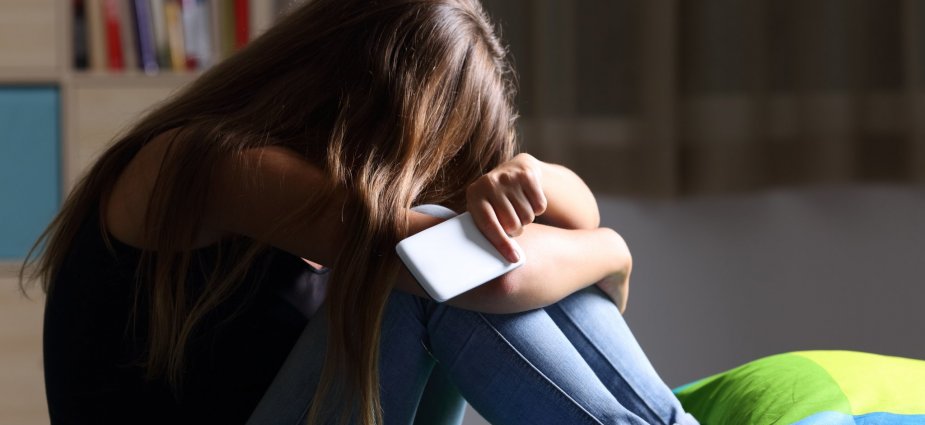Bullying in a digital context is highly prevalent among young Australians according to the National Youth Mental Health Survey (2018). New data released today from headspace National Youth Mental Health Foundation reveals more than half of young Australians (53%) have experienced cyberbullying.
Seventy per cent of young people with high and very high rates of psychological distress also said they’ve experienced cyberbullying, revealing a strong link between the event or events and the young person’s emotional state. “These findings are deeply concerning and highlight the serious impact cyberbullying can have on a young person’s mental health,” said Jason Trethowan, headspace CEO.
Ann Gallagher, a mum from the headspace Family and Friends Reference Group experienced firsthand the impacts of cyberbullying, and the challenges that young people, parents and schools have in responding to these experiences. Ann recognised that her daughter was cyberbullied by her daughter’s former friend group. “The cyberbullying had a significant impact on my daughter’s mental health and her ability to attend school. We had to work really hard for months with the school and police to find an outcome that kept her safe and enabled her time and space to recover,” Ann said, “Fortunately, my daughter opened up to me about the experience quite early on so I could be there for her and work with the school to try and help, but I know this isn’t always the case. I would encourage parents to be aware of what goes on so they can be there for their kids”.
Nick Duigan, Senior Clinical Advisor at headspace said there are some warning signs for which parents and guardians can be aware. “Quite often a young person might be unwilling to open up and tell a parent or teacher about what’s going on for fear of the situation getting worse”, “If you notice things like; appearing upset after using the internet or a mobile phone, changes in how they’re feeling such as loneliness or distress or, a decline in school work – these can all indicate signs of mental ill-health that may be related to a type of bullying”.
Headspace National Youth Mental Health Foundation is funded by the Australian Government Department of Health. “We encourage anyone looking after a young person to get informed about how to support your young person to use the internet safely, and also to notice any changes in behaviour and try to open up a dialogue and understand what might be happening,” said Nick.










